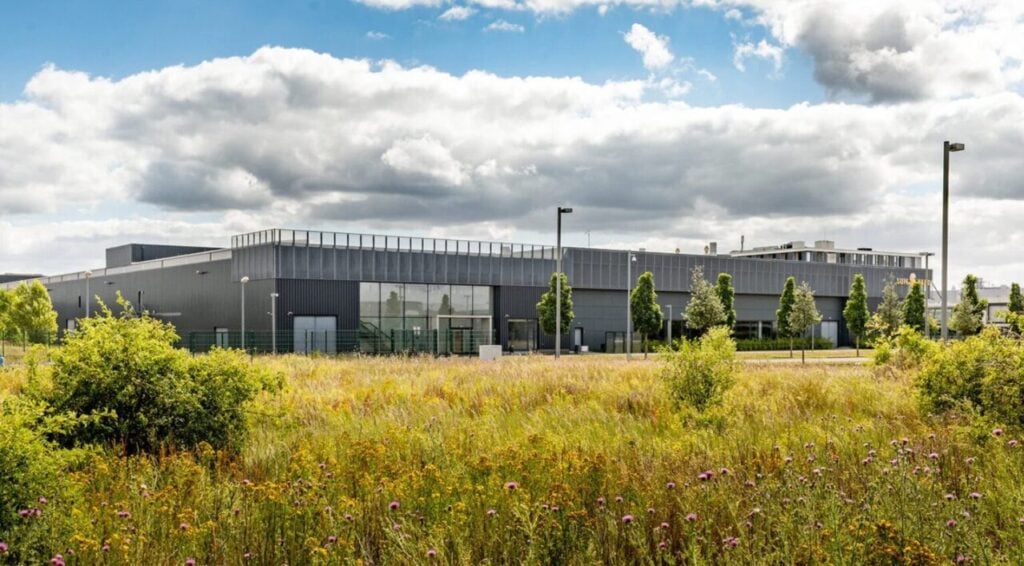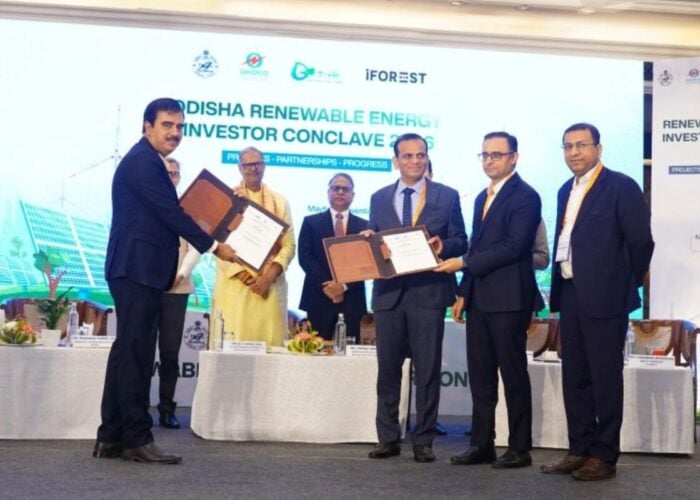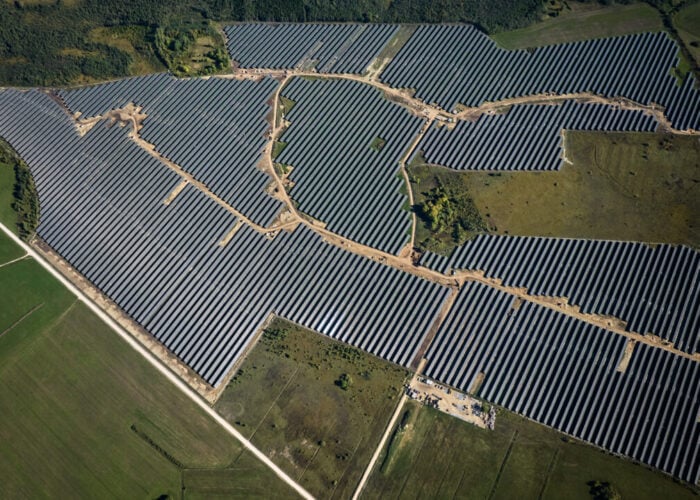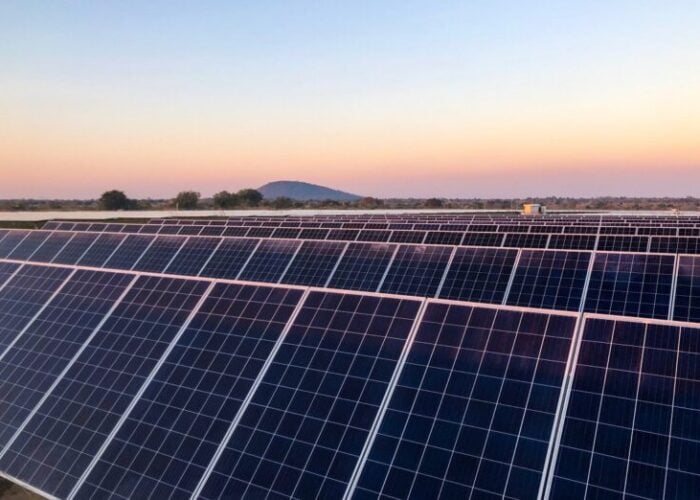
Following the announcement of insolvency at its German subsidiaries, struggling Swiss solar manufacturer Meyer Burger’s position looks increasingly precarious. This weekend’s announcement of a lack of funds for its solar cell production facility in Thalheim, Germany, may leave the company with no manufacturing capacity anywhere, a development which could exemplify long-term headwinds facing the European PV manufacturing industry.
Meyer Burger Industries and Meyer Burger Germany – subsidiaries of Meyer Burger Technology AG – have both filed for insolvency following the company’s ongoing “restructuring” efforts.
Try Premium for just $1
- Full premium access for the first month at only $1
- Converts to an annual rate after 30 days unless cancelled
- Cancel anytime during the trial period
Premium Benefits
- Expert industry analysis and interviews
- Digital access to PV Tech Power journal
- Exclusive event discounts
Or get the full Premium subscription right away
Or continue reading this article for free
Meyer Burger Industries operates the Thalheim solar cell production plant, which has been the company’s only operational manufacturing facility since the end of its module production in Arizona, US, last week. The company has not yet confirmed the plant’s fate, though the likelihood of sustained operation seems slim. PV Tech has contacted Meyer Burger for confirmation of the plant’s future.
Taken together, the two German subsidiaries employ over 600 people: 331 at the Thalheim manufacturing plant and 289 in “mechanical engineering and technology development” in Hohenstein-Ernstthal, in Saxony.
Meyer Burger Switzerland – the company’s headquarters, in the city of Thun, which employs 60 people – and Meyer Burger Americas, which recently laid off all its staff, will apparently continue to exist as companies.
Meyer Burger also said it is requesting an extension of the deadline for its 2024 financial report, which was due on 31st May. It already asked for an extension earlier this year.
What’s left of Meyer Burger?
A slow decline which began last year accelerated into collapse last week. On Thursday, following sustained net losses over the first half of 2024, PV Tech reported that Meyer Burger had laid off employees at its module manufacturing facility in Goodyear, Arizona. The following day, the company confirmed the end of operations at the site and the termination of its US jobs.
With the insolvency of its German subsidiaries, and crucially the Thalheim cell production plant, Meyer Burger has a very small footprint remaining. With no employees at the US business (though it will remain in existence), the company may soon effectively just have its headquarters in Switzerland to its name.
Meyer Burger’s downfall reflects difficult solar manufacturing conditions in both the US and the EU. In recent months, uncertain tariff and trade policies, as well as the possible rollback of Inflation Reduction Act (IRA) incentives by the Trump administration, have made the future of US solar manufacturing uncertain, where until recently it was a favourable investment environment.
However, some see Meyer Burger’s loss as a specifically European problem. Former CEO of the company, Gunter Erfurt, said that the news of German insolvencies left him “shocked, deeply moved and very sad”.
In a post on LinkedIn, Erfurt said: “With great courage, energy and creative drive, a unique team from Saxony and Saxony-Anhalt has set out to rewrite an important European chapter: the reconstruction of its own, resilient solar industry.
“However, this courage and determination was once again countered by political hesitation in Berlin and Brussels. Despite widespread agreement in the solar industry, it has once again not been possible to effectively counter China’s market-distorting efforts for dominance in the solar industry with a clever industrial policy and to support the development of its own strong industry.
“At Meyer Burger, this led to the closure of what was then Europe’s largest solar module production facility – brand new, state-of-the-art, fully automated. All other European competitors also had to give up or take a break.”
The European Commission recently announced additions to its Net Zero Industry Act (NZIA) legislation to support domestic clean energy manufacturing, including solar PV.
Last week, the Commission confirmed that state renewables auctions must include “non-price criteria” for the equipment they procure, with a mandate for 30% of annual auction volumes to be met by “resilient” supply. The head of the European Solar Manufacturing Council (ESMC) called this a “major step forward” towards rebuilding European solar supply.
But the European industry is still floundering, with little meaningful solar manufacturing capacity. Meyer Burger’s cell and, formerly, module facilities in Germany had historically been a leading light of the European PV manufacturing industry; its collapse will be a blow.
PV Tech will follow this story with any developments.






